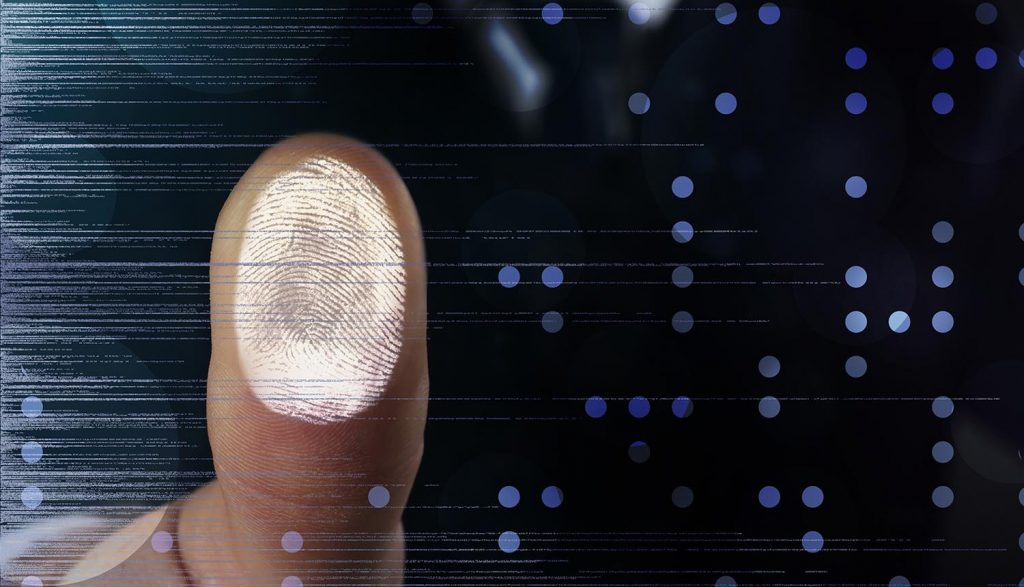Southern African neighbors Zimbabwe and Zambia are considering ways to use biometrics to protect government budgets. The former is reducing the amount of its budget it spends on public sector wages, in part via biometric capture of staff to remove ghost workers, while a report is recommending that the Zambian government establish a biometric mechanism to keep public sector hands out of the till. And a Ghanaian team wins a high-profile prize for developing facial recognition software for identifying Africans.
Zimbabwe: Public sector wage bill now below 50 percent of national budget
The government of Zimbabwe has reported progress in reducing public sector salaries as a proportion of the national budget, bringing it below the 50 percent mark reports The Herald.
As recently as 2017, public sector employee wages accounted for 92 percent of all government spending. The progress has been achieved via hiring freezes and new management processes, but biometrics are also starting to have an effect.
Zimbabwe’s Public Service Commission recently announced that its biometric staff registration had already led to the removal of 3,000 ghost workers from the public payroll.
Togo: Parliament approves biometric ID scheme
Togo’s parliament has given the go-ahead to embark on “e-ID Togo,” the national biometric identity project, reports the country’s investment agency Togo First.
The digital identity scheme is expected to begin in early 2021 and will create a unique number for each citizen with aims to improve access to public services such as welfare and establishing universal public healthcare.
The minister for posts, digital economy and technological innovation, Cina Lawson, a high-profile advocate for tech-led development is quoted as saying, “the adoption of this law is historic because it lays the legal foundations of the system in Togo.”
Nigeria: Could the BVN be a boon for cryptocurrencies?
Bitcoin newsite Bitcoinke.io argues that Nigeria’s biometric Banking Verification Number (BVN) is enabling ‘crypto-focused’ services in the country and West Africa more broadly.
Cryptocurrencies generally rely on anonymity which makes the formal banking sector cautious. The author believes that Nigeria’s BVN system which allows users to link their ID to any crypto-based service and generate opportunities for the nascent sector: “Currently, BVN is being used by practically all crypto firms in Nigeria in addition to other additional KYC/AML requirements.”
UK/Africa: Former prime minister says African countries ‘can’t do lockdown’
Former British prime minister Tony Blair, in arguing that it is “common sense to move in the direction of digital IDs” has claimed of poorer countries in Africa that, “They can’t do lockdown, it’s just not possible, but as a result of the global crisis they’re facing real food security problems, real supply problems.”
Speaking in an interview with the BBC, Blair said that once a coronavirus vaccine is in place, there would be the need to record who had been vaccinated. This would require secure digital ID.
The Tony Blair Institute for Global Change has been making various statements on digital identity in the light of COVID-19 pandemic. It has previously claimed “The broader need for secure, user-centric and reusable digital identity has never been clearer,” and that the UK should adopt biometric tech to secure digital health credentials that register health and travel history.
Opinion & Reports
Zambia: Report recommends biometrics to reduce public sector fraud
Over $200,000 in Zambian government funds were siphoned off by public officials, according to the 2019 Money Laundering and Terrorist Financing Trends Report by the Financial Intelligence Centre.
The report, carried out along with Smart Zambia, recommends the creation of a biometric verification process to monitor what is happening with public funds.
The sixth annual report found that lawyers and accountants were being brought in to aid public sector officials to abuse their access to government money which was ending up in offshore accounts and property purchases.
Ghana/Africa: Young engineer wins Africa prize for facial recognition
The first woman to win the Royal Academy of Engineering’s Africa Prize for Engineering Innovation is also Ghana’s first winner. 26-year-old Charlette N’Guessan and her team developed an API to use artificial intelligence and facial recognition to verify users remotely, according to the Royal Academy.
The software, called BACE API, is intended to be integrated with existing apps for financial services and is developed to specifically identify Africans. It uses live images or short videos from phone cameras to detect liveness and a match. The API has access to the Ghana passport authority and the team is creating partnerships with financial institutions.
The team developed it after realizing the problems and costs facing banks in Ghana when identifying customers, which they estimated come to $400 million a year.
The team won £25,000 (roughly US$33,200), the largest prize for African engineering innovation.
News in Brief & Updates
Update – ID4Africa: The annual ID4Africa conference has been rescheduled for October 27 to 29 2021, still in Marrakesh. Originally planned for June then October 2020, the Movement will still offer various opportunities for online engagement this year, including a Virtual Expo in November.
Link – North Africa: Our coverage of the $200 million deal between Idemia and the Arab Economic Union for biometrics, digital ID and economic digitalization.
In brief – Ghana/USA: The Ghana embassy in Washington DC is resuming services from September 8. Consular matters will be handled online except for in-person appointments for biometric capture for passports.
Visit our Facebook page : https://www.facebook.com/Activ8DiversifiedTech

